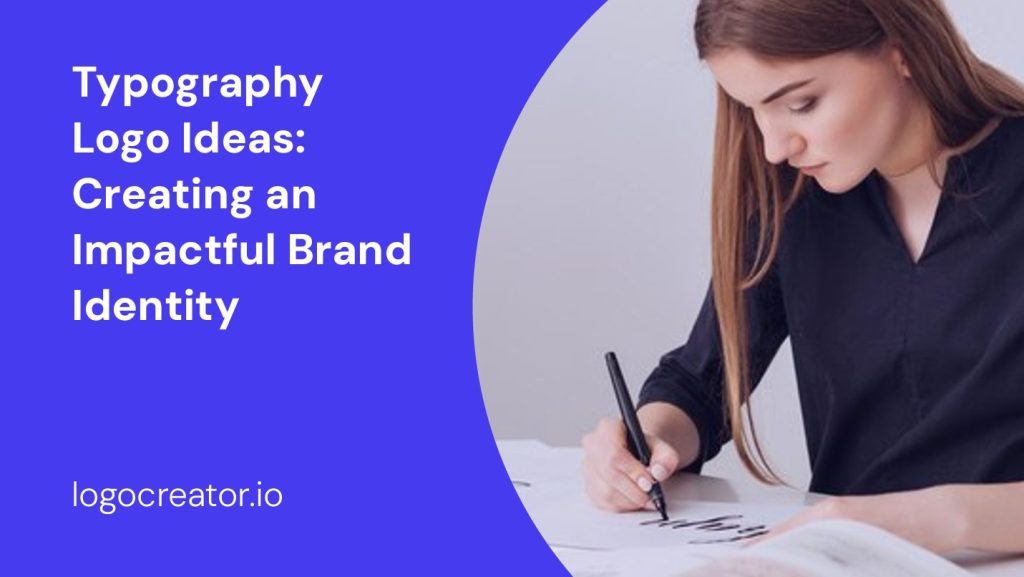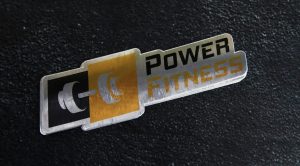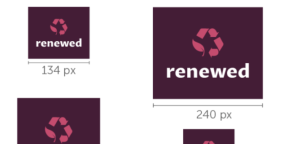Typography plays a crucial role in logo design, as it has the power to convey a brand’s personality, values, and message. A well-designed typography logo can make a lasting impression and effectively communicate the essence of a business. In this article, we will explore various typography logo ideas that can help you create a visually appealing and impactful brand identity.
Importance of Typography in Logo Design
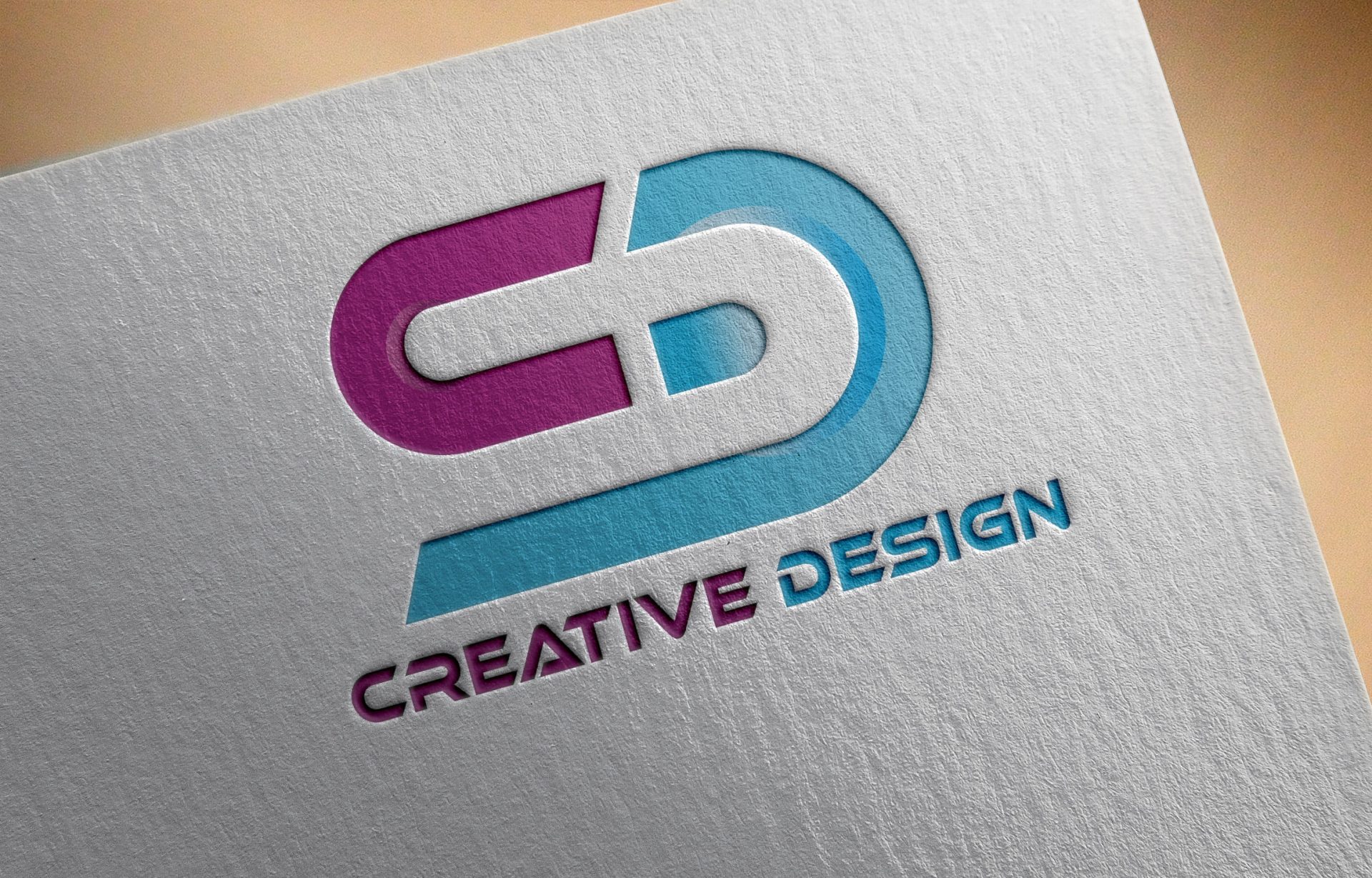
Typography is the art and technique of arranging type to make written language legible, readable, and visually appealing. In logo design, typography is a fundamental element that can enhance the overall design and convey the brand’s identity. Here are some reasons why typography is essential for an effective logo:
1. Expressing Brand Personality
Typography has the ability to evoke emotions and convey a brand’s personality. Different font styles, weights, and sizes can communicate various traits such as elegance, playfulness, professionalism, and creativity. By carefully selecting and pairing fonts, you can establish a visual language that reflects your brand’s characteristics.
2. Creating Brand Recognition
A well-designed typography logo can contribute to brand recognition and recall. Consistency in typography across various brand assets, such as business cards, websites, and advertisements, helps customers associate specific fonts with your brand. This consistency builds trust and familiarity, making it easier for customers to identify and remember your business.
3. Enhancing Readability and Memorability
An effective typography logo should be easily readable and memorable. The choice of fonts, spacing, and arrangement should ensure that the logo is legible at different sizes and across various mediums. A visually appealing and well-executed typography logo can leave a lasting impression on the audience, making it easier for them to recall your brand.
Typography Logo Ideas
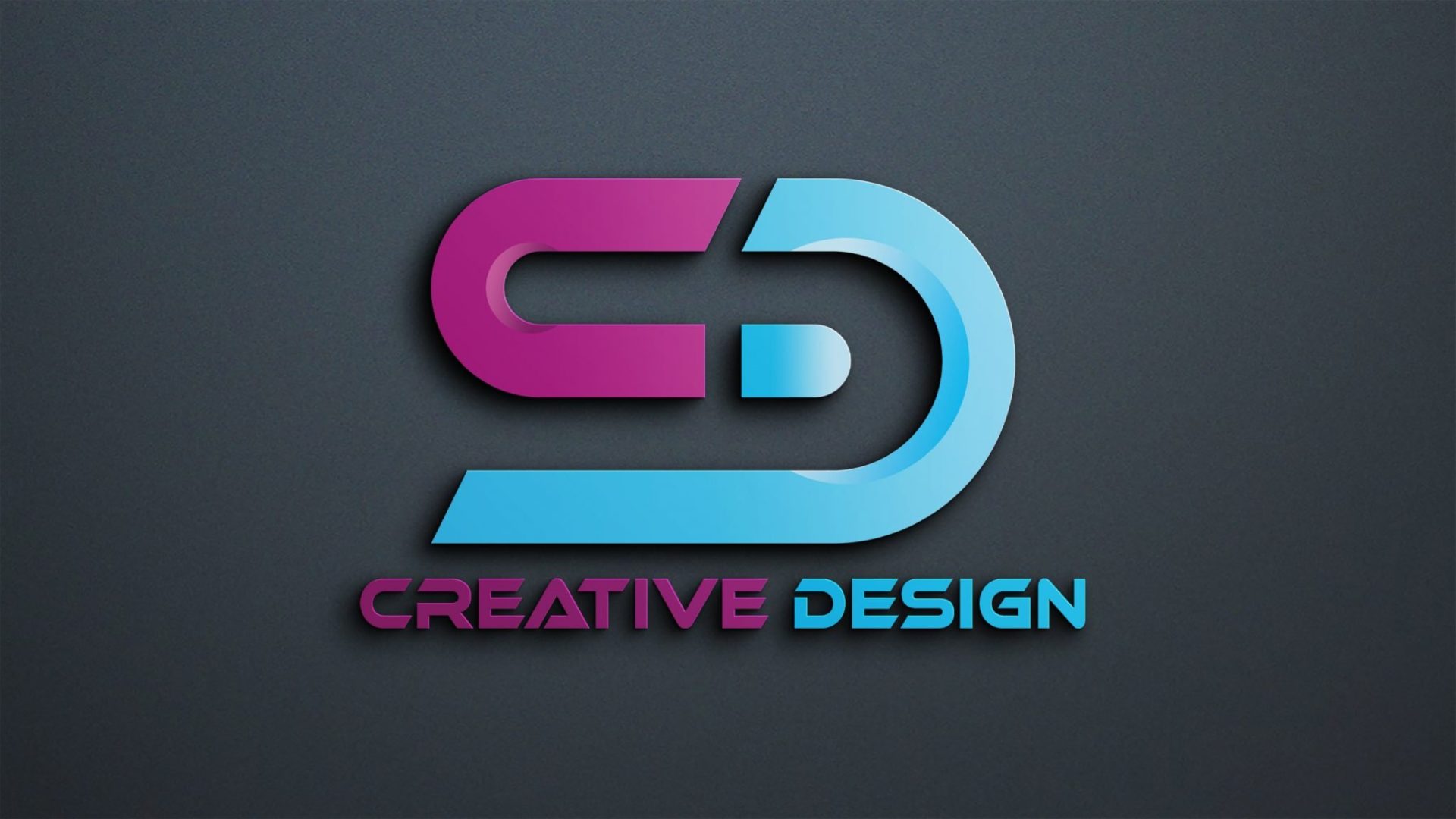
Now that you understand the importance of typography in logo design, let’s explore some creative typography logo ideas that can inspire you to create a unique brand identity:
1. Minimalist Typography
Minimalist typography logos focus on simplicity and clean lines. They often utilize a single typeface with minimal embellishments. This approach is effective for conveying a modern and sophisticated brand image. Examples of minimalist typography logos can be seen in brands like Apple, Nike, and Airbnb.
2. Handwritten Typography
Handwritten typography adds a personal touch and a sense of authenticity to a logo. It can be used to convey a brand’s creativity, playfulness, or friendliness. Handwritten typography logos are often associated with niche businesses or brands that aim to establish a more intimate and personal connection with their customers.
3. Vintage Typography
Vintage typography logos evoke a sense of nostalgia and timelessness. They often utilize ornate and decorative typefaces that harken back to a bygone era. Vintage typography can be a great choice for brands that want to convey a sense of heritage, craftsmanship, or classic elegance.
4. Geometric Typography
Geometric typography logos incorporate geometric shapes and patterns into letterforms. This approach creates a visual impact and can help communicate a brand’s modernity, precision, or innovation. Geometric typography is often used in industries such as technology, architecture, and design.
5. Playful Typography
Playful typography logos use creative letterforms, exaggerated proportions, or unconventional arrangements to convey a brand’s fun and lively personality. This approach is often employed by brands targeting a younger audience or those in the entertainment and fashion industries.
6. Bold and Impactful Typography
Bold and impactful typography logos make a statement by using strong and eye-catching typefaces. This approach is suitable for brands that want to convey strength, confidence, and a commanding presence. Examples of brands utilizing bold typography include Coca-Cola, FedEx, and ESPN.
7. Custom Typography
Custom typography logos involve the creation of unique letterforms specifically designed for a brand. This approach allows for complete customization and can effectively represent a brand’s distinct identity. Custom typography logos are often seen in luxury brands, high-end fashion, and niche industries.
Tips for Designing Typography Logos
To ensure your typography logo stands out and effectively represents your brand, consider the following tips:
1. Understand Your Brand Identity
Before diving into typography logo design, take the time to understand your brand’s identity, values, and target audience. This understanding will guide your font selection and overall design choices.
2. Choose Fonts Wisely
Select fonts that align with your brand’s personality and values. Experiment with different typefaces to find the perfect combination that conveys the desired message. Pay attention to font legibility, readability, and scalability across different mediums.
3. Pair Fonts Thoughtfully
When using multiple fonts in a typography logo, ensure they complement each other. Pairing fonts with contrasting characteristics can create visual interest and highlight different elements of your brand message. However, be cautious not to overwhelm the design with too many font styles.
4. Balance Legibility and Creativity
While creativity is important in typography logo design, it should not compromise legibility. Ensure that your logo remains easily readable at different sizes and in various contexts. Test your logo on different backgrounds and devices to ensure its legibility and visual impact.
5. Keep it Simple
Simplicity is key in logo design. Avoid unnecessary embellishments or excessive details that can clutter the design. A clean and simple typography logo is more likely to be memorable and versatile across different applications.
Conclusion
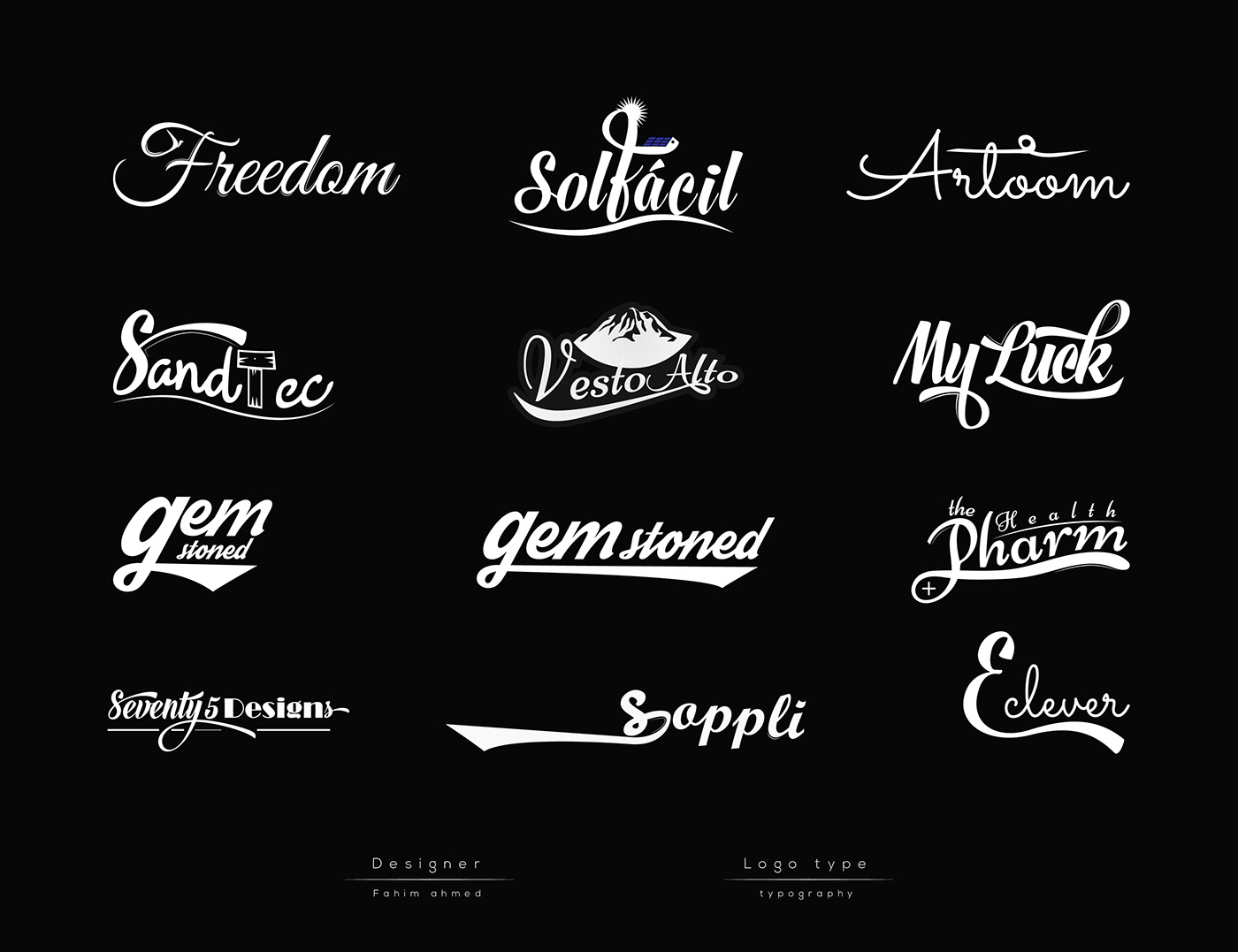
Typography plays a significant role in logo design, enabling brands to convey their personality, create recognition, and enhance brand recall. By exploring various typography logo ideas and following best practices, you can design a visually appealing and impactful logo that effectively represents your brand identity. Remember, typography is an art form, so take the time to experiment, iterate, and refine your design until you achieve a logo that truly resonates with your audience.
Marietta Arnold is a branding and design enthusiast who draws inspiration from hobbies like hiking, photography, and art exploration. With a background in graphic design, she shares insights on branding strategies and logo design trends. Stay updated with Marietta’s work for the latest in branding and design.
